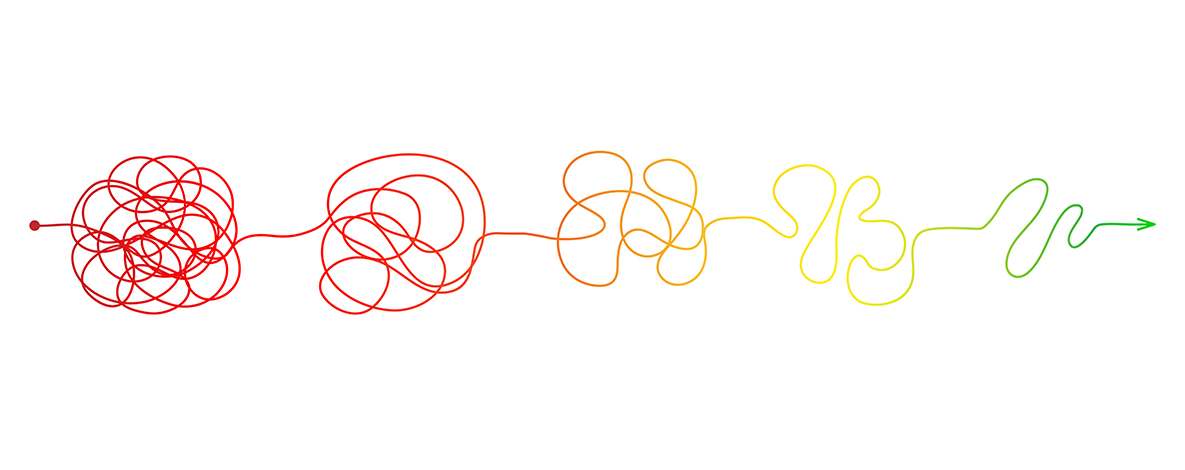The Benefits of Physical Activity for your Mental Health


Unrecognized and untreated mental health conditions can result in a steady (and often) rapid decline in mental health. These conditions will not go away on their own, and the longer it persists, the harder it is to treat. Depression and anxiety are the most common mental illnesses affecting American adults.

Signs/Symptoms of untreated mental health conditions:
- Unexplained aches and pains
- Chronic physical health problems
- The longer left untreated, the more likely it is to interfere with one’s ability to do their job and effectively interact with others. This can lead to increased absenteeism and loss of productivity.

Physical activity can benefit your mental health in several ways:
Studies show that physical activity can reduce the symptoms of depression and anxiety as effectively as medication – and without the unwanted side effects. Even a little bit of lower-intensity activity can help. Greater amounts of more vigorous exercise have an even bigger effect. Exercise also decreases symptoms of anxiety, both overall and in the moment.
The positive effects of exercise on depression and anxiety come from the changes in the brain, which include neural growth, reduced inflammation, and new activity patterns that promote feelings of calm and well-being.

Exercise also causes the brain to release endorphins, which are powerful chemicals in your brain that boost your mood.
Other benefits include increased productivity through sharper memory and thinking and doing something positive to manage depression and anxiety.
Both aerobic activity (cardio) and resistance training can be used to manage depression and anxiety alone or with other treatments like medication and therapy. Talk with your health care provider about what may work best for you.

Getting Started:
- Do something that you enjoy that gets you moving
- Start with small bits of physical activity such as 5 – or 10 – minute sessions and slowly increase your time to where you’re doing 30 minutes a day, 5 times a week. You can even break up that 30 minutes into 10 or 15 minute sessions throughout your day. For example, a 15 minute walk at lunch and a 15 minute walk after dinner.
Every little bit of physical activity counts and is better than doing nothing. Small investments of your time can have a positive effect on your mental health and your overall well-being.

ConnectCare3
If you need help getting started with increasing your physical activity, our Chronic Disease Management and Prevention Program has health coaches who can assist you with finding a program that’s right for you.
